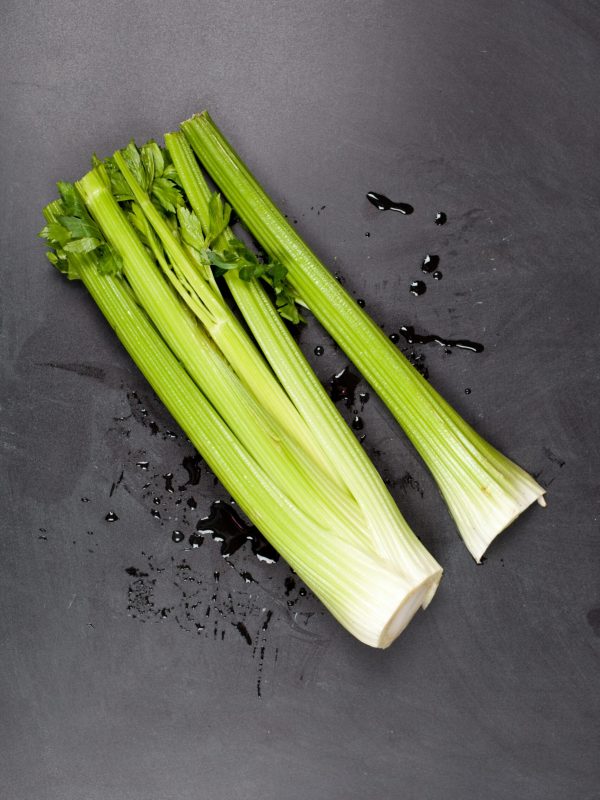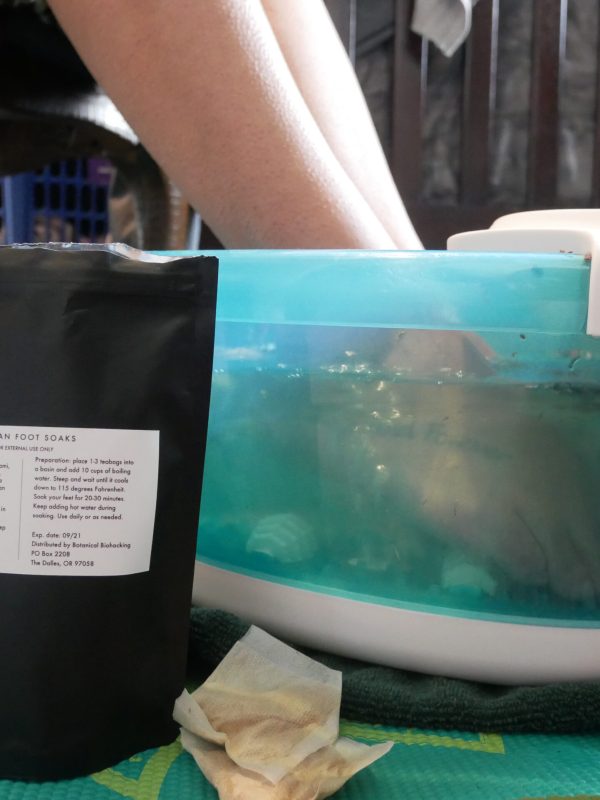What is the Meniere’s Disease Diet?
This Article shares dietary approaches to help improve Meniere’s Disease Symptoms, Including foods to eat and avoid.
Focusing on your diet to better your gut health is a manageable, low-risk strategy that can potentially improve symptoms and overall well-being
In this article, we will explore what the Meniere’s Disease Diet is and how it can help manage Meniere‘s symptoms
Changing your diet doesn't help everyone. Let's take a closer look at your current digestive health. To see if changing your diet with help you.
If you’re managing Meniere’s disease and wondering whether dietary changes could make a difference, start by looking at your current digestion.
In Traditional Chinese Medicine, the tongue is a mirror of your digestive health.
Regularity is a window into how well your intestines are moving things along.
Take note of the texture and ease of your bowel movements
Gas production is natural, but too much can be a red flag
Now that we know what to avoid with Meniere‘s Disease, here are foods that should eat.
Drawn from a list by Dr. Joshua Park, a doctor of Traditional Chinese Medicine specializing in digestive disorders like IBS, Crohn’s, and ulcerative colitis.
Regularly consuming these foods can help your body support the clearance of dampness and alleviate symptoms associated with congestion and inflammation.
You should also consume small amounts of garlic, onion, and turmeric and drink green, mint, and chrysanthemum tea.
The following Meniere's disease diet recommendations are aimed explicitly at helping balance the fluid dynamics of the inner ear.
The inner ear contains fluid essential for hearing and balance. The volume and electrolyte levels (sodium and potassium) of this fluid remain stable regardless of the body's overall fluid balance.
However, when navigating Meniere's disease, the inner ear loses this independent regulation.
Maintaining consistent sodium intake is important. If you fluctuate in an extreme nature, it can also make symptoms worse
Proper hydration is vital. Even mild dehydration can affect fluid balance in your inner ear and worsen symptoms
Evidence is inconclusive, clinical experience suggests caffeine and alcohol might exacerbate symptoms by triggering migraines
Foods high in sugar and heavily processed foods indirectly influence fluid balance.
Traditional Chinese Medicine offers a unique perspective on diet by focusing on how food affects the body’s internal balance. It views food not just as nourishment but as a tool for balancing the body’s internal environment.
Foods can warm or cool the body. Food can dry or moisten it.
It can dry it out or increase its dampness. By evaluating your diet now and changing what you’re doing, you can pinpoint which foods impact your symptoms
Dampness refers to excessive fluids accumulating in areas of the body where they shouldn’t be, causing symptoms such as congestion, swelling, sluggishness, and inflammation.
The most common pattern for individuals with Meniere’s disease is damp heat, which is characterized by inflammation, congestion, and excessive fluid in the head.
Using the TCM dietary approach, you can carefully choose foods to help clear this damp heat, reduce symptoms, and restore balance. This nutritional strategy is personal, but it can assist you in understanding exactly how specific foods affect your health.
These natural herbs are used in TCM to help support digestive health and clear dampness naturally.
Fu Ling
Chen Pi
Ban Xia
Bai Zhu Balance contains all of these herbs in a carefully formulated blend designed to support digestive health and help clear dampness naturally. If you’re looking for a convenient way to implement these herbal strategies, Bai Zhu Balance may be a great place to start.
In Traditional Chinese Medicine, you can find several method that are encouraged to reduce dampness. .

Certain foods have mild diuretic effects and help flush excess fluids. My personal favorite is Celery

Sauna or exercise can release dampness through sweat. My Favorite is method is foot soaks as they don't trigger dizzy spells as easily.

Increases the intestine's gut motility, helps the body manage bacteria, and fluid accumulation. My favorite way is by Drinking Warm Water
Cold temperature foods slow down digestion and fluid metabolism, worsening congestion and dampness. Opting instead for warm or room-temperature foods helps promote healthy digestion and fluid balance
While research on the effectiveness of a Meniere’s disease diet continues to evolve, what remains clear is that many patients report real-world benefits from dietary changes, particularly those that support gut health, reduce inflammation, and promote internal balance.
Whether you follow Western medical advice to manage sodium intake or embrace Traditional Chinese Medicine principles to clear dampness and heat, your diet is a powerful tool for regaining control.
What you do most of the time is more important, then what you do some of the time.
Small, consistent dietary changes offer significant relief over time.
If you’re struggling with vertigo, dizziness, or Meniere’s Disease, you understand how frustrating it can be when your symptoms are misunderstood or dismissed by healthcare providers, leaving you without a clear path to relief.
Willard Sheppy, a licensed acupuncturist and Chinese herbalist, knows exactly how you feel because he himself lives with Meniere’s Disease and has successfully managed his condition through acupuncture, herbal medicine, and lifestyle strategies.
With firsthand experience and deep expertise, Will provides personalized care aimed at addressing the underlying causes of vertigo, reducing symptoms, and restoring balance to your life.
Willard Sheppy holds a Master’s degree in Acupuncture and Oriental Medicine from the Oregon College of Oriental Medicine and is a Diplomate of Oriental Medicine certified by the NCCAOM.